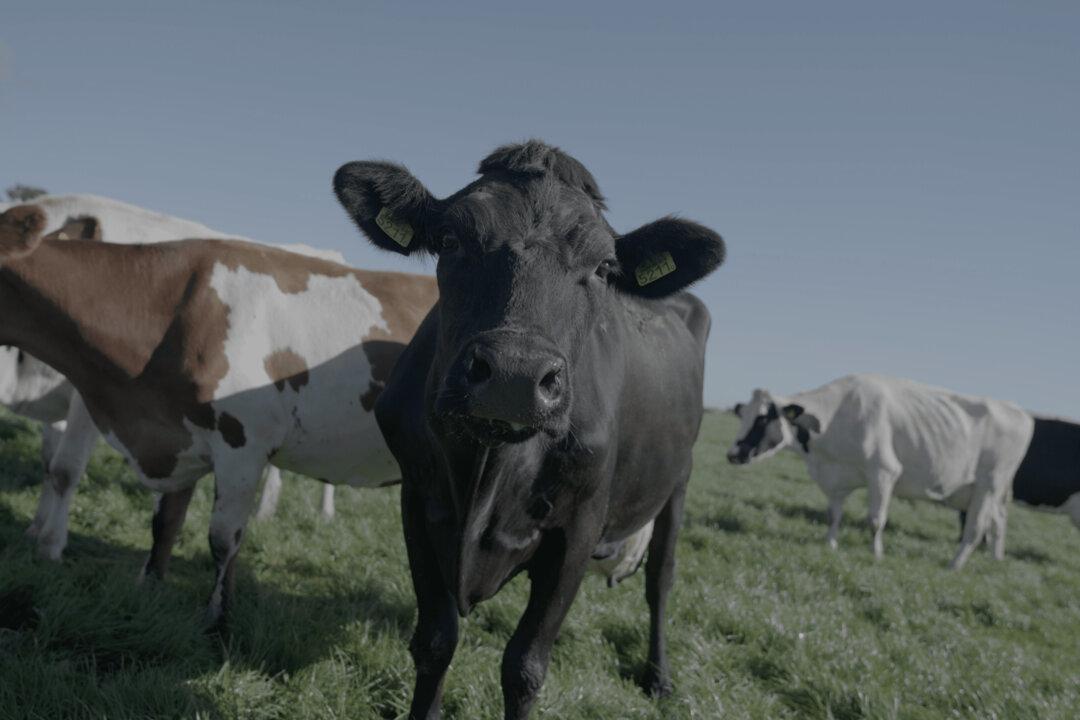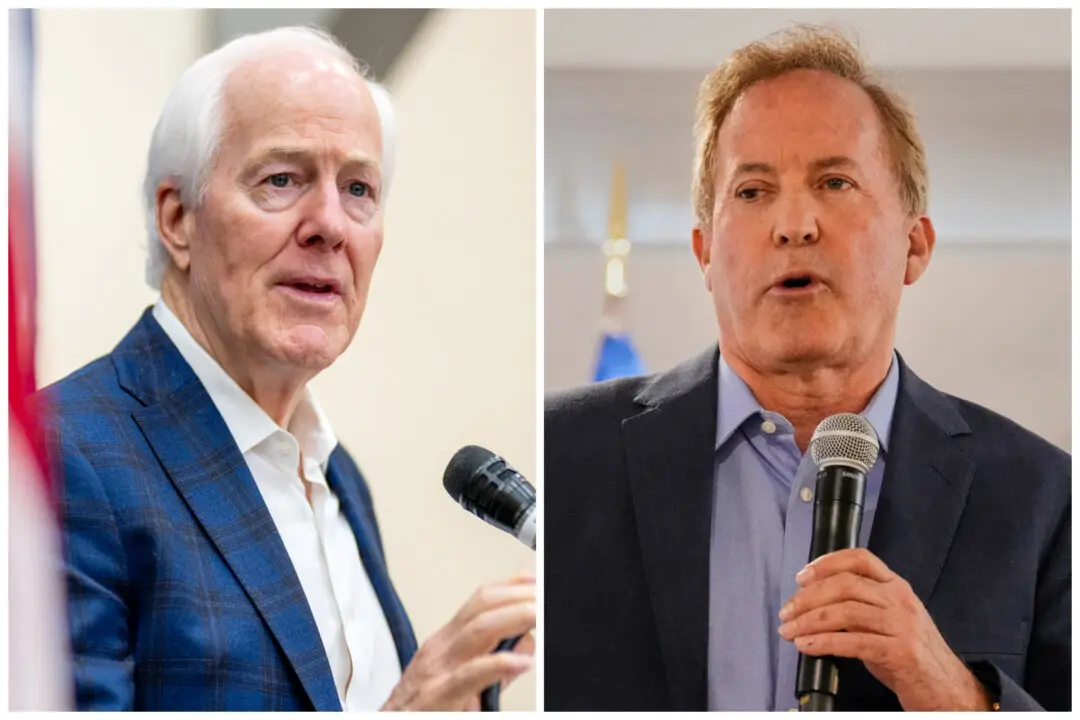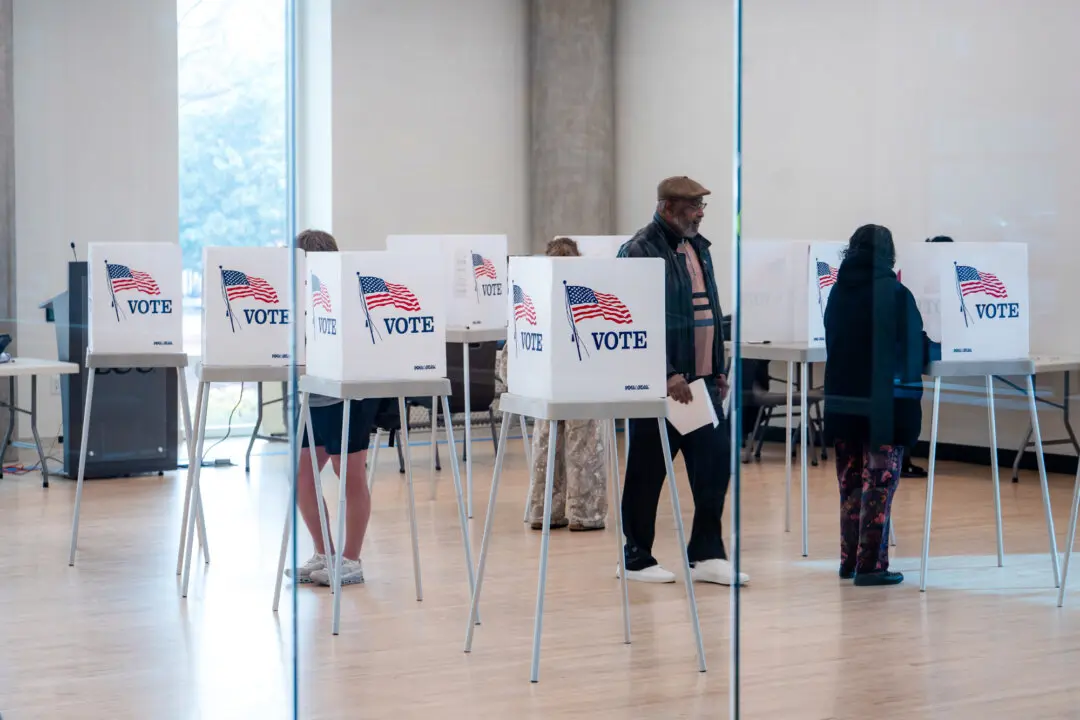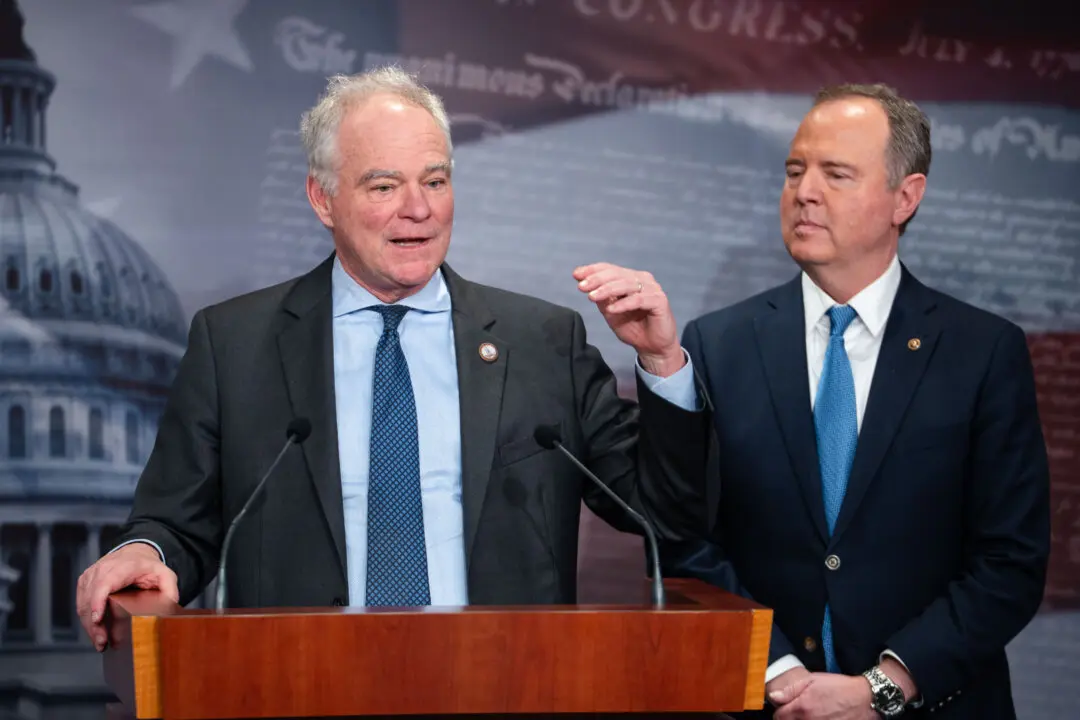During the summer of 2022, protests erupted in the Netherlands over the government’s plan to curtail nitrogen emissions from the country’s farms—in some cases, by up to 95 percent.
At the time, authorities acknowledged that their proposal would necessitate slashing livestock numbers across the country, especially near areas protected as part of the European Union’s Natura 2000 network. The stated rationale was to limit emissions of ammonia and nitrogenous oxides, which are thought to be changing the composition of plant life in such zones.





